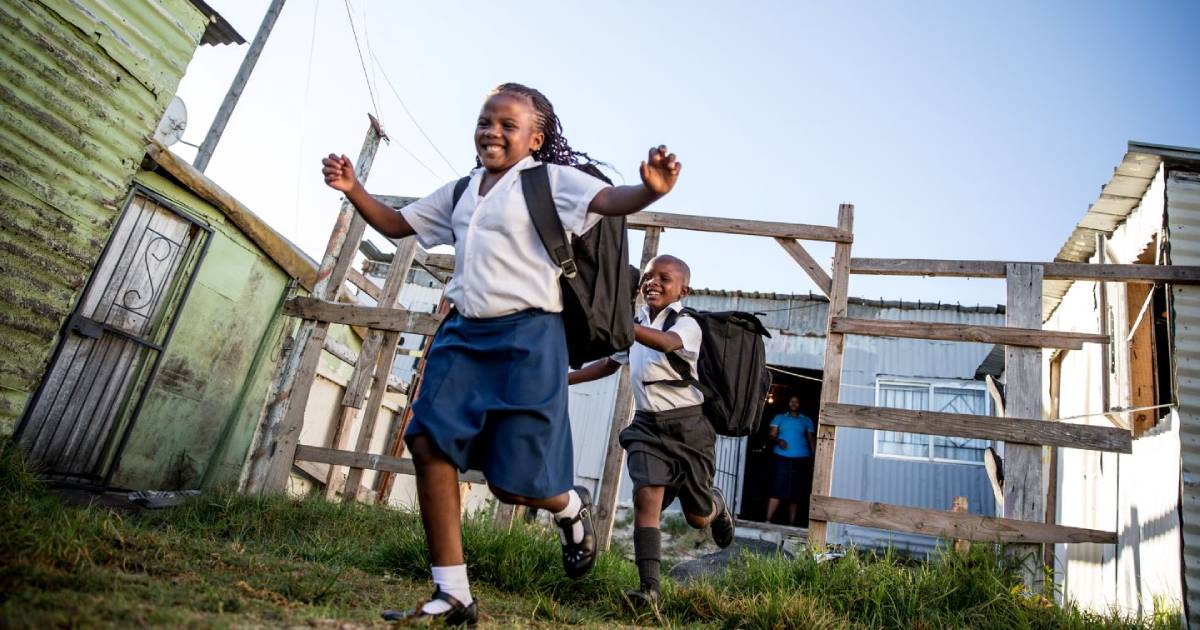The Fursa kwa Watoto (FkW) (Opportunities for Children) project in Tanzania is a four-year effort to design an enhanced preprimary package of interventions that improve early grade reading, writing, numeracy, and social emotional outcomes for children.
FkW is supported by Dubai Cares and implemented by a consortium of partners, including Aga Khan University, Children in Crossfire, CSR Group Africa, Mathematica, UNICEF, and local education partners Maarifa and Tahea. Partners work together with oversight from the FkW steering committee, which designs, implements, and tests innovative early childhood education strategies. Partners also work closely with the Ministry of Education and Vocational Training, and regional and district education leaders. To increase the potential for future scale-up, FkW’s activities are aligned with the Government of Tanzania’s existing preprimary education policies and structures, classroom standards, curriculum, and official teacher training colleges. FkW has two models: (1) preprimary classrooms within primary schools and (2) satellite preprimary classrooms in locations where there are no nearby primary schools. FkW is expected to directly benefit more than 25,000 children over four years across approximately 150 schools in the Mwanza and Kilimanjaro regions.
FkW is supported by Dubai Cares and implemented by a consortium of partners, including Aga Khan University, Children in Crossfire, CSR Group Africa, Mathematica, UNICEF, and local education partners Maarifa and Tahea. Partners work together with oversight from the FkW steering committee, which designs, implements, and tests innovative early childhood education strategies. Partners also work closely with the Ministry of Education and Vocational Training, and regional and district education leaders. To increase the potential for future scale-up, FkW’s activities are aligned with the Government of Tanzania’s existing preprimary education policies and structures, classroom standards, curriculum, and official teacher training colleges. FkW has two models: (1) preprimary classrooms within primary schools and (2) satellite preprimary classrooms in locations where there are no nearby primary schools. FkW is expected to directly benefit more than 25,000 children over four years across approximately 150 schools in the Mwanza and Kilimanjaro regions.
With funding from the William and Flora Hewlett Foundation and Dubai Cares, Mathematica plays a significant role as the monitoring, evaluation, and learning partner of FkW, leading implementation science-informed activities that guide the design, adoption, and scale up of the program. We led the steering committee through a process to design the theory of change, program logic models, and the monitoring and evaluation plan. We are also providing analytic services, such as developing measurement indicators, qualitative and quantitative data collection tools, and analytic plans, and helping partners analyze, interpret, and present data. Using the resulting data, the steering committee and partner organizations will work together to improve the quality and implementation of the preprimary intervention as the program begins.
Mathematica is also conducting an evaluability assessment to determine whether the preprimary intervention meets the criteria for an impact evaluation. Given the resources required to conduct a rigorous evaluation, this assessment examines the feasibility or advisability of a full-scale evaluation based on the quality of the intervention. This assessment process helps stakeholders agree on realistic program goals, evaluation criteria, and intended uses of evaluation information. The process incorporates elements of program theory, stakeholder and performance evaluation, and other monitoring and evaluation activities. It will also help avoid scale-up and a long evaluation if FkW is unlikely to be successful.
Finally, depending on the outcome of the evaluability assessment, Mathematica will design either an impact evaluation or a descriptive implementation and outcome study. The Mathematica team will work with the funders and the steering committee to determine which type of study will best meet stakeholder needs.


